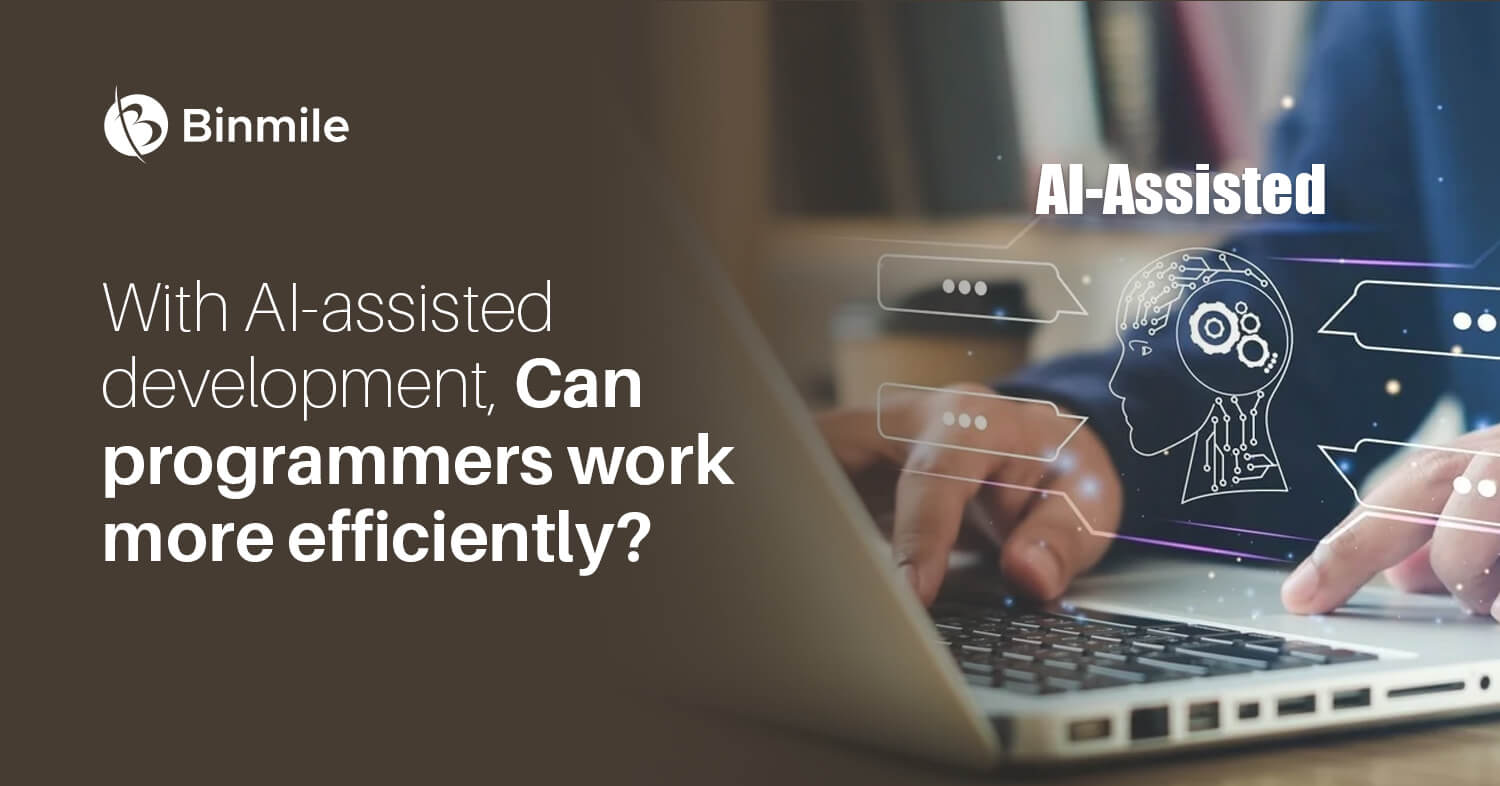Artificial Intelligence (AI) is transforming the way we live and work, offering unprecedented opportunities for efficiency and innovation. However, with these advancements come various challenges and concerns. In this article, we’ll delve into the pros and cons of AI, explore the benefits it provides, and examine the potential drawbacks. We’ll also look at how AI testing tools play a role in the successful deployment of AI solutions.
Artificial Intelligence (AI) refers to the simulation of human intelligence in machines, enabling them to perform tasks that typically require human intervention, such as problem-solving, decision-making, and pattern recognition. As AI technology continues to evolve, it’s crucial to understand both the pros and cons of AI to make informed decisions about its use.
The Pros of AI
1. Enhancing Efficiency and Productivity
One of the most significant advantages of AI is its ability to perform repetitive and time-consuming tasks faster and with higher precision than humans. Automated systems can handle large volumes of data and streamline processes, freeing up human resources for more complex tasks.
2. Reduction in Human Error
AI-powered systems can reduce the likelihood of human error, particularly in industries like healthcare, finance, and manufacturing, where mistakes can have serious repercussions. This precision is achieved through the implementation of AI testing tools that ensure algorithms are working correctly.
3. Real-time Data Analysis
AI can process and analyze massive amounts of data in real-time, providing businesses with valuable insights and aiding in decision-making. This capability is particularly beneficial for sectors like finance, where quick responses are crucial.
4. Availability of AI Testing Tools
AI testing tools help organizations validate their AI models and ensure they are accurate, unbiased, and performing optimally. These tools are essential in maintaining the quality and reliability of AI systems, making them a critical asset for developers and businesses alike.
5. Innovation in Various Industries
From healthcare to autonomous vehicles, AI is driving innovation across numerous fields, creating new possibilities and transforming traditional business models.
The Cons of AI
1. High Development Costs
Developing AI systems can be expensive, requiring specialized hardware, software, and talent. The integration of AI solutions often involves significant investment in infrastructure and training.
2. Dependence on AI Testing Tools for Validation
While AI testing tools are beneficial, over-reliance on them can become a limitation. If the tools themselves are flawed, it can lead to inaccurate results and undermine the reliability of the AI model.
3. Ethical Concerns
The ethical implications of AI are a major concern. Issues such as bias in AI algorithms, lack of transparency, and potential misuse of AI technology raise serious questions about accountability and fairness.
4. Potential Job Displacement
AI’s ability to automate routine tasks poses a risk to jobs that rely on repetitive work. While it creates new opportunities in AI development, it also means that some roles may become redundant, leading to potential job displacement.
5. Security and Privacy Risks
AI systems, like any other technology, are vulnerable to cyber threats. Ensuring the security of AI models and protecting the data they use is a constant challenge, especially when dealing with sensitive information.
AI in Different Sectors
1. AI in Healthcare
AI is revolutionizing healthcare through predictive diagnostics, personalized treatment plans, and automated administrative tasks.
2. AI in Finance
Financial institutions use AI for fraud detection, risk management, and personalized financial advice.
3. AI in Manufacturing
In manufacturing, AI optimizes production processes, reduces downtime, and enhances supply chain management.
4. AI in Customer Service
Chatbots and virtual assistants are common AI applications in customer service, providing 24/7 support and handling routine queries efficiently.
The Role of AI Testing Tools
AI testing tools are essential for validating AI models. They ensure that AI systems are accurate, unbiased, and performing as expected. Some popular tools include:
- TensorFlow Extended (TFX): For end-to-end machine learning validation.
- IBM AI Fairness 360: For bias detection and mitigation.
- DeepCode: For code review and analysis.
Ethical Implications of AI
1. Bias in AI Algorithms
AI systems can inherit biases from the data they are trained on, leading to skewed results and potential discrimination.
2. Transparency and Accountability
Establishing clear guidelines for AI transparency and accountability is crucial to prevent misuse and build trust in AI systems.
Security and Privacy Considerations
1. Data Privacy Concerns
AI relies on vast amounts of data, raising concerns about how this data is collected, stored, and used.
2. Protecting AI Systems from Cyber Threats
Ensuring that AI systems are secure from hacking and other cyber threats is a top priority for organizations implementing AI.
The Future of AI
AI is expected to continue evolving, with advancements in natural language processing, autonomous systems, and intelligent automation. The technology will play a crucial role in shaping the future of work, transforming industries, and driving economic growth.
Conclusion
The pros and cons of AI highlight its potential to transform industries while posing challenges that need to be addressed. Implementing AI effectively requires a balance between innovation and ethical considerations, as well as leveraging the right AI testing tools to ensure reliability and accuracy.
FAQs
- What are the main benefits of using AI?
AI offers enhanced efficiency, reduced human error, and real-time data analysis, making it valuable across various industries. - What are the potential risks associated with AI?
The risks include high development costs, ethical concerns, and potential job displacement. - How do AI testing tools help ensure accuracy?
AI testing tools validate the performance and fairness of AI models, ensuring they work as intended without bias. - Which industries benefit the most from AI?
Industries like healthcare, finance, manufacturing, and customer service benefit significantly from AI. - How can businesses prepare for AI adoption?
Businesses should invest in talent, infrastructure, and reliable AI testing tools to ensure a successful AI implementation.


